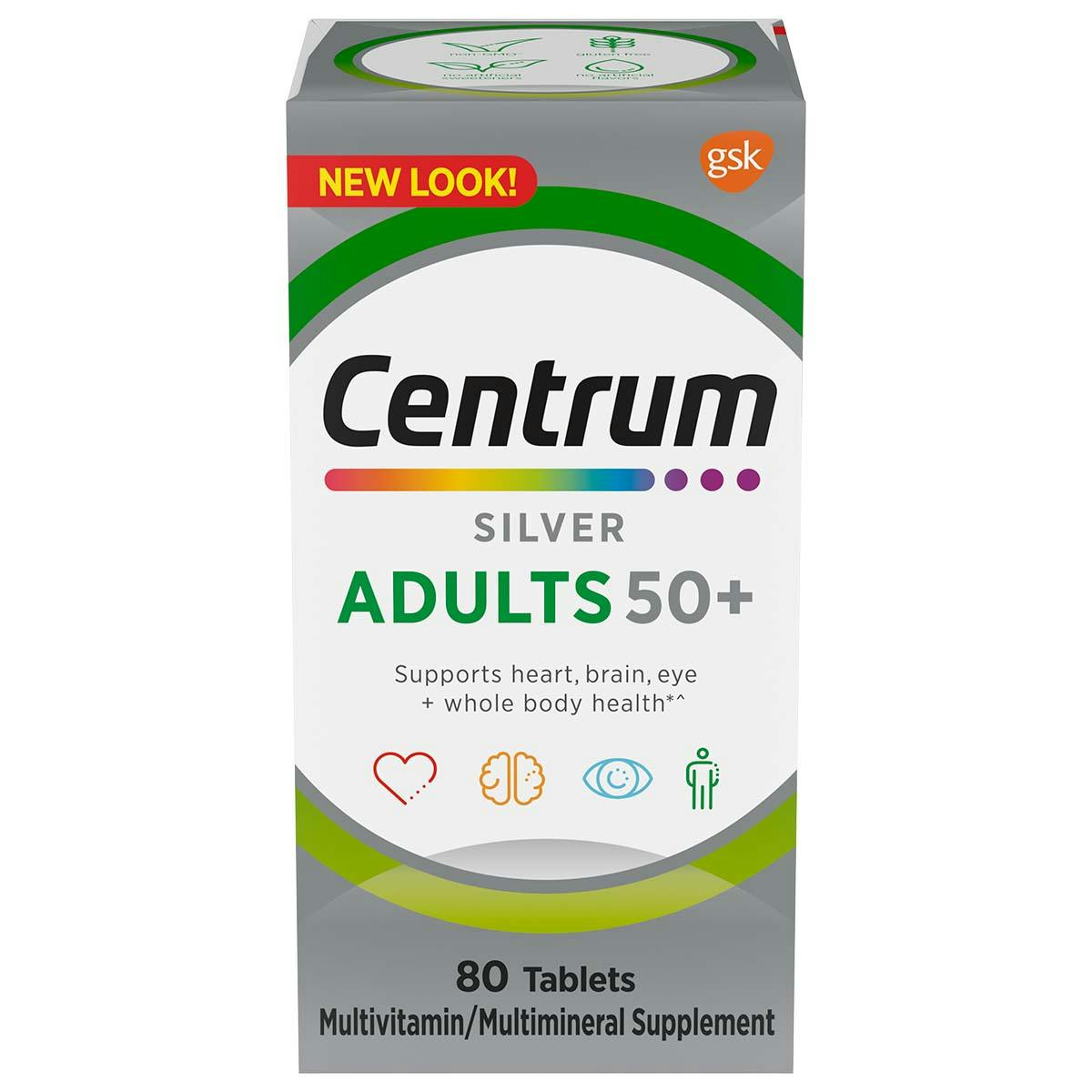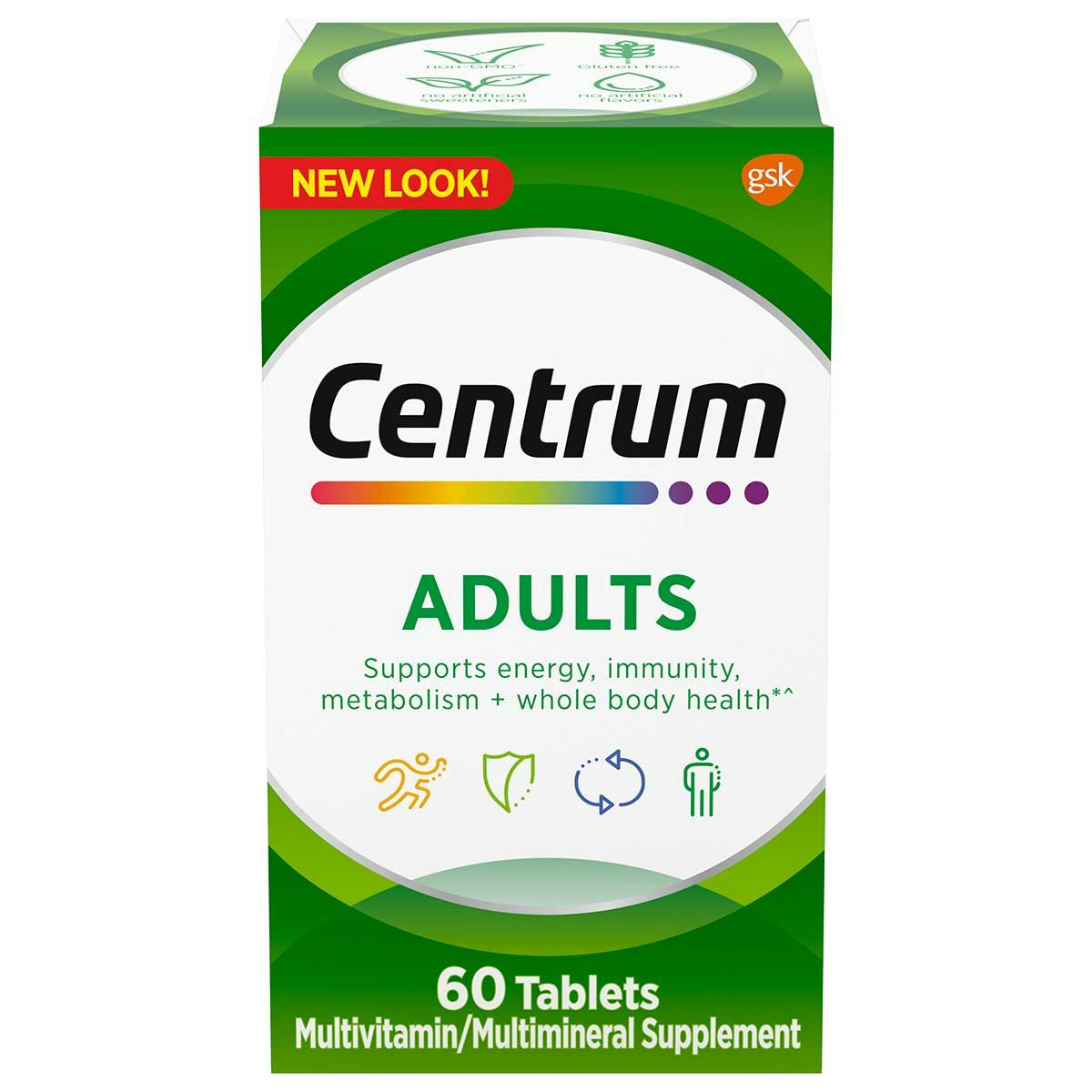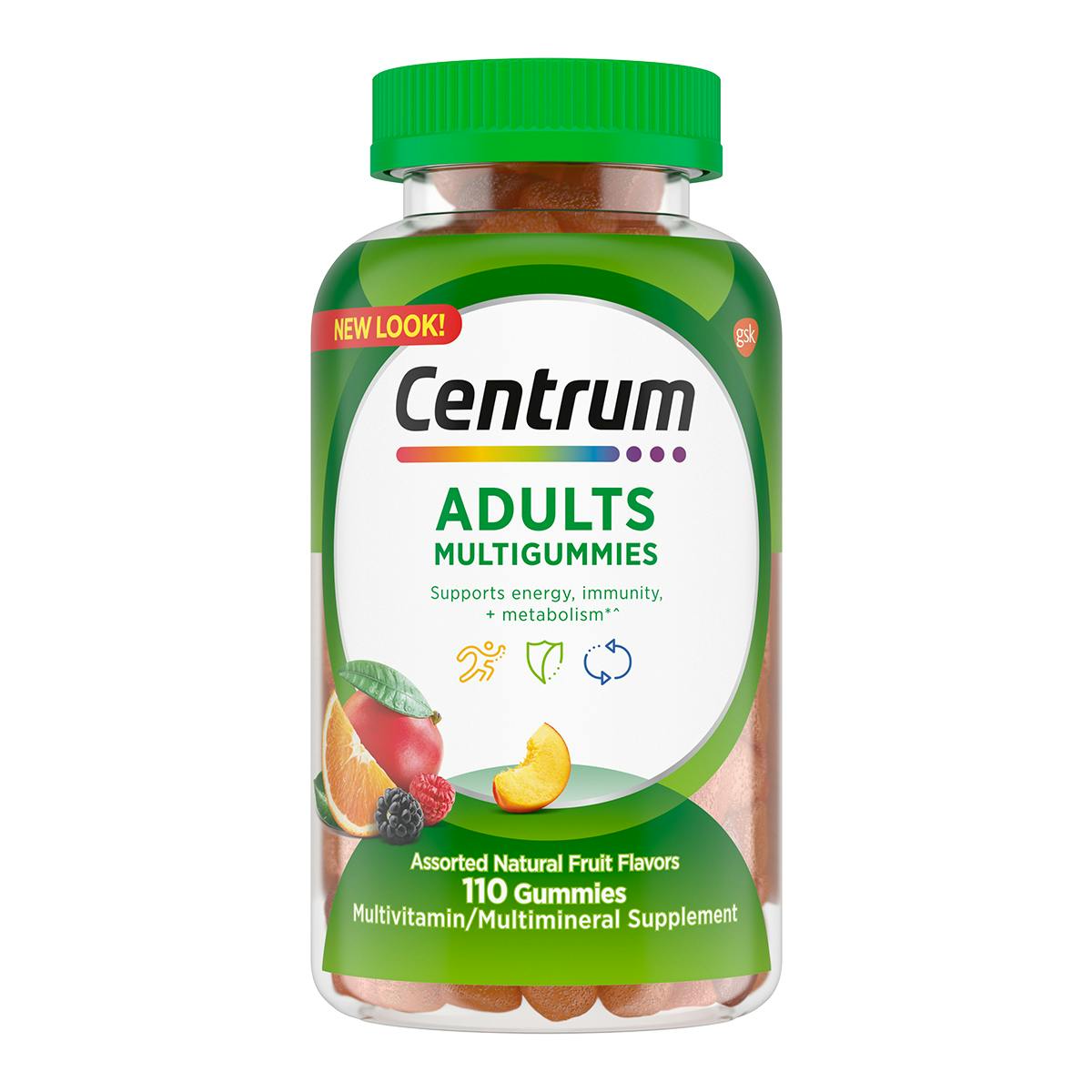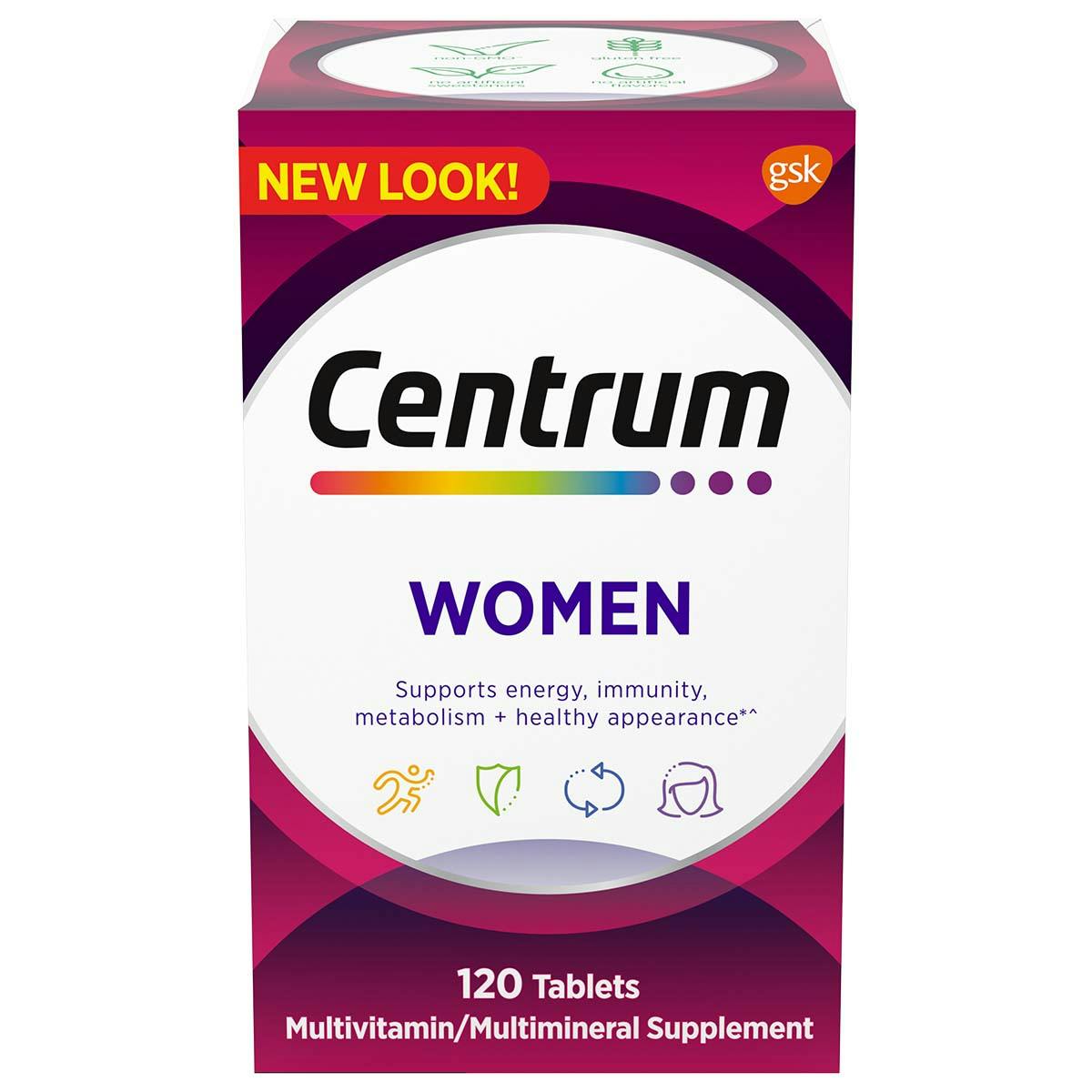Vitamin D
A hormone produced by the body when skin is exposed to UVB rays from the sun.

What is Vitamin D?
Vitamin D is classified as a fat-soluble vitamin, which means that the vitamin D you make and consume from foods and dietary supplements is stored in fat tissue for later use. Without enough vitamin D circulating in your bloodstream, it’s impossible to absorb all the calcium you need. Vitamin D also influences cell growth and immune function, which keeps inflammation in check and keeps your nervous system working properly.*
Strong sunlight triggers vitamin D production in your skin. Your liver and kidneys complete the conversion to vitamin D’s most active form, 1,25-dihydroxy vitamin D, also called vitamin D3. In theory, you can make all the vitamin D you need for the year with a few minutes of direct exposure to the sun a few times a week during the summer months. In reality, many people do not produce the required vitamin D, either because their skin is unable to absorb it, or they don’t spend enough time outside. Many also fail to get what they need from food and dietary supplements. According to the USDA’s 2015 dietary guidelines for Americans, most children and adults consistently come up short for vitamin D.*

Why is Vitamin D Important?
Adequate vitamin D is central to a strong skeleton. With time, even slight shortfalls in vitamin D may impact bone strength, as insufficient vitamin D forces your body to withdraw calcium from bones in order to maintain balance in the body. Several conditions affecting bone health may occur, including rickets, which affects infants and children and is characterized by improper bone development. Adults may develop osteomalacia or “adult rickets,” which causes bone and muscle pain; or osteoporosis, which is marked by the thinning of bones and loss of bone density, increasing the risk of fracture.*
Recommended Dietary Allowance
Sources of Vitamin D

Halibut

Canned Light Tuna

Fortified Orange Juice
Centrum Silver

A daily multivitamin formulated for adults 50+ to help promote heart health, brain function, and eye health.
Vitamin D Helps Support
Recommended Articles
Explore Additional Vitamins & Minerals
*This statement has not been evaluated by the Food and Drug Administration. This product is not intended to diagnose, treat, cure, or prevent any disease.











